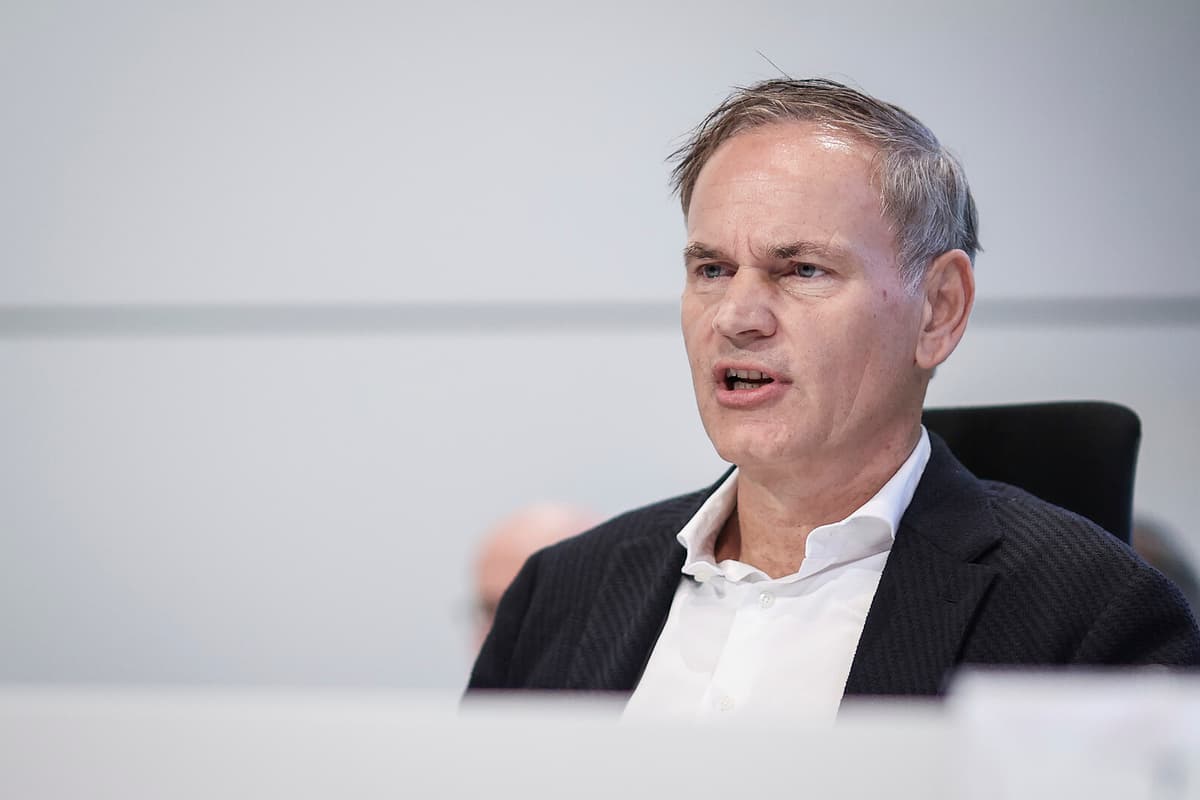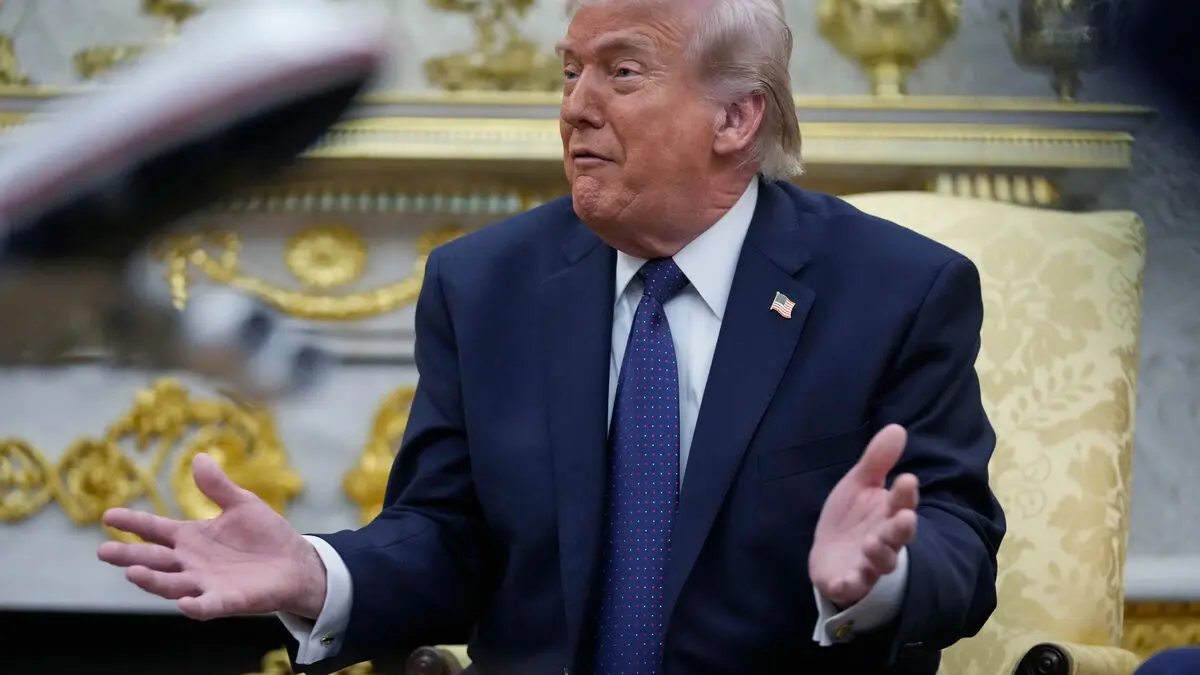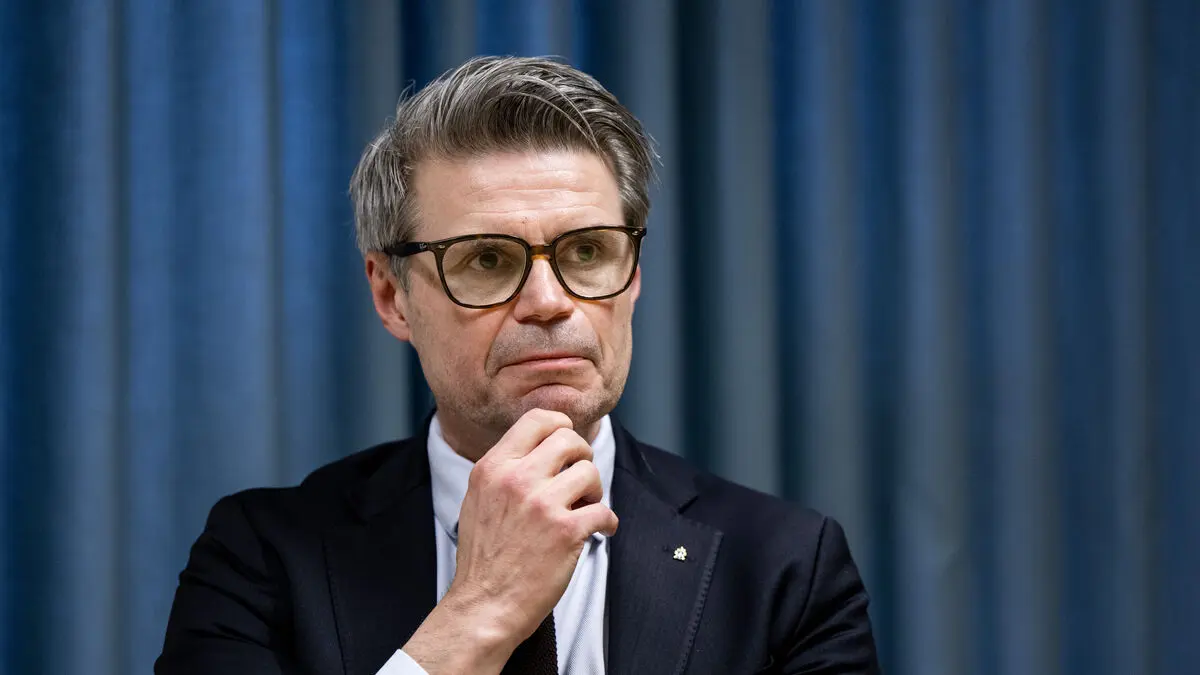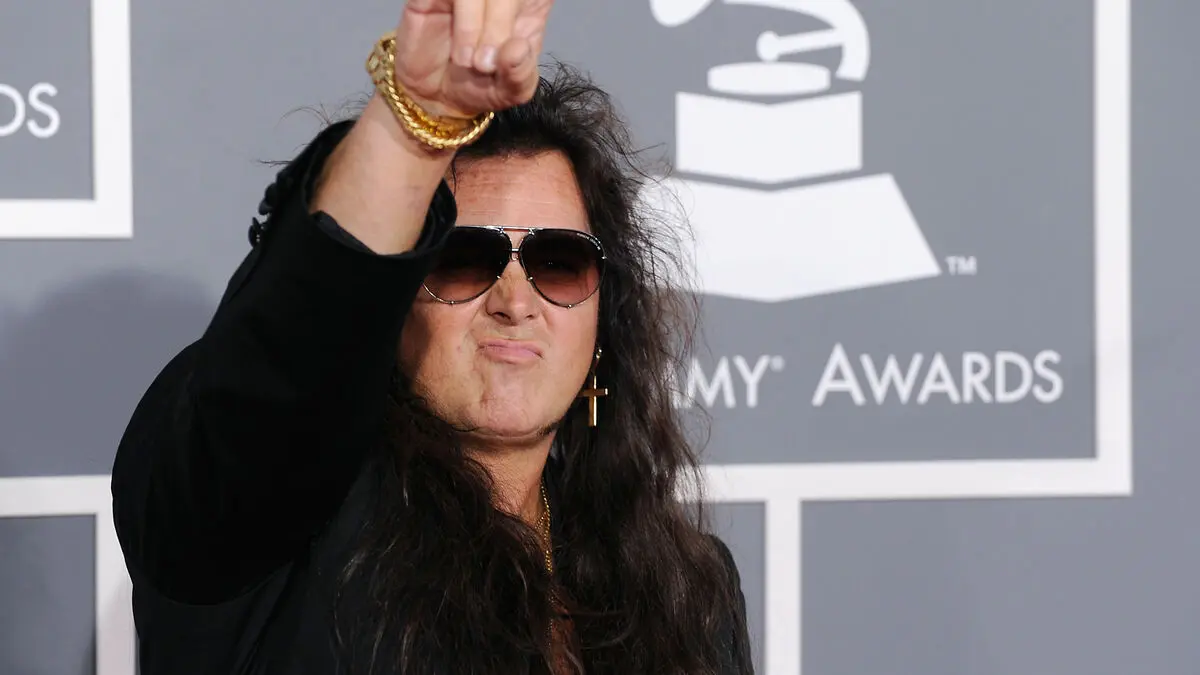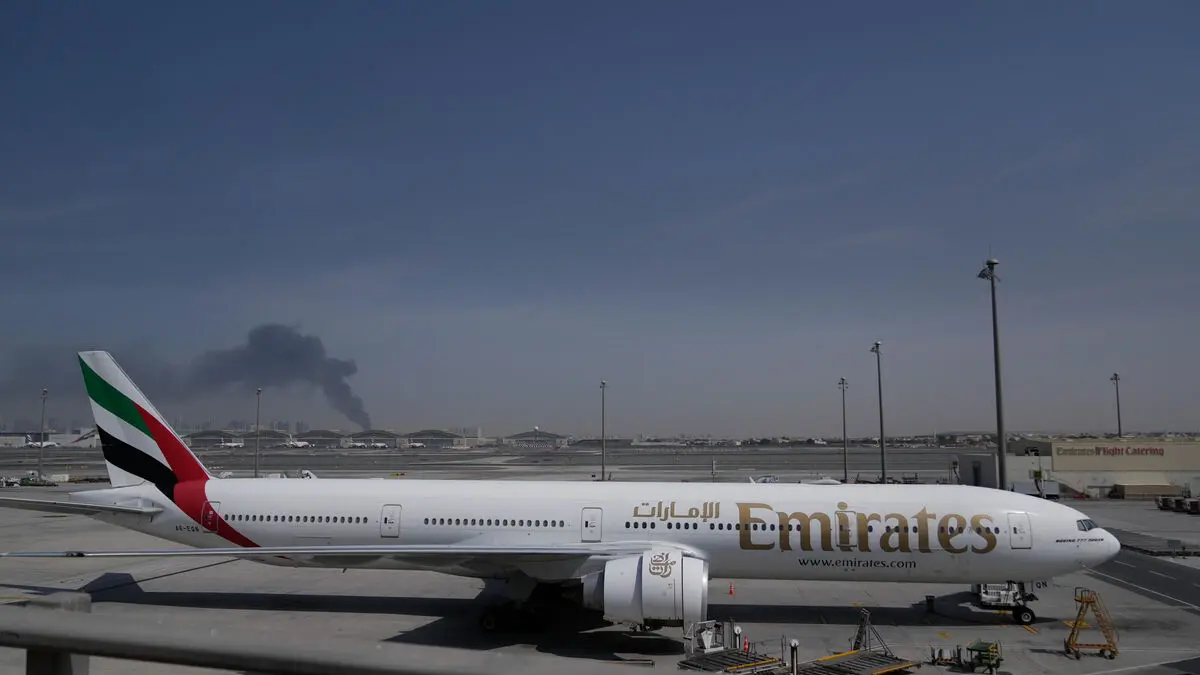"With the package of measures agreed upon, the company has set a definitive course for its future regarding costs, capacity, and structures," says CEO Oliver Blume in a statement.
The heavily pressured car group has agreed to keep all ten German factories running, as well as having an employment protection agreement until 2030.
At the same time, VW says that the workforce in Germany will be reduced by 35,000 to 2030, compared to today's approximately 120,000 employees. It is unclear how much of this will occur through layoffs, buyouts, or natural departures.
The unions, on the other hand, are backing down from several of their demands. Among other things, workers will have to forgo certain bonuses, production at five factories will be reduced, and the number of interns guaranteed permanent employment will decrease.
"Secures jobs"
Furthermore, production of a type of Volkswagen Golf will be moved from the German Wolfsburg to a factory in Mexico.
"We have managed to find a solution for employees at Volkswagen's facilities that secures jobs, secures products in the factories, and at the same time enables important future investments," says union negotiator Thorsten Gröger in a statement.
According to the company, the package will result in a total annual savings of 4 billion euros (equivalent to 46 billion kronor), of which labor costs are 1.5 billion euros per year.
Steep uphill climb
With the agreement, three months of tough negotiations and warning strikes seem to be over.
The settlement is far from the plans that VW management entered into negotiations with, which included reducing monthly salaries, closing three factories in Germany, and laying off thousands of employees.
VW and its CEO Oliver Blume are trying to tackle a steep uphill climb in the form of, among other things, falling market shares in China and decreased demand for electric cars in the USA and Europe.

